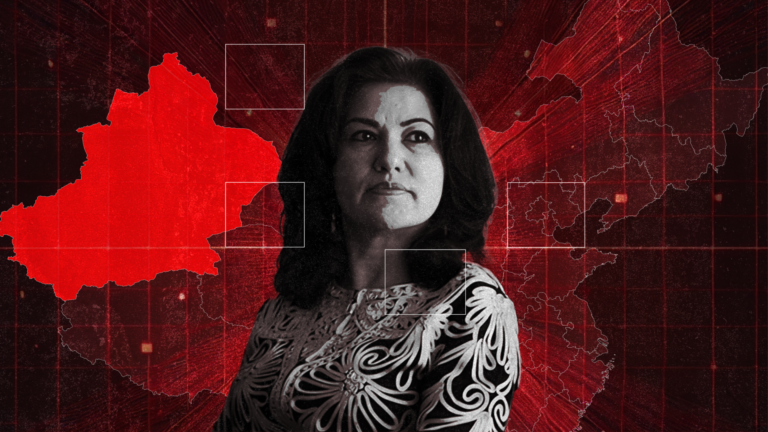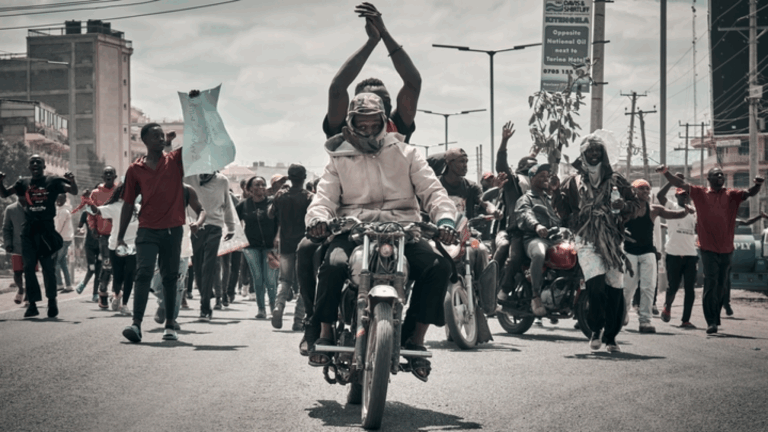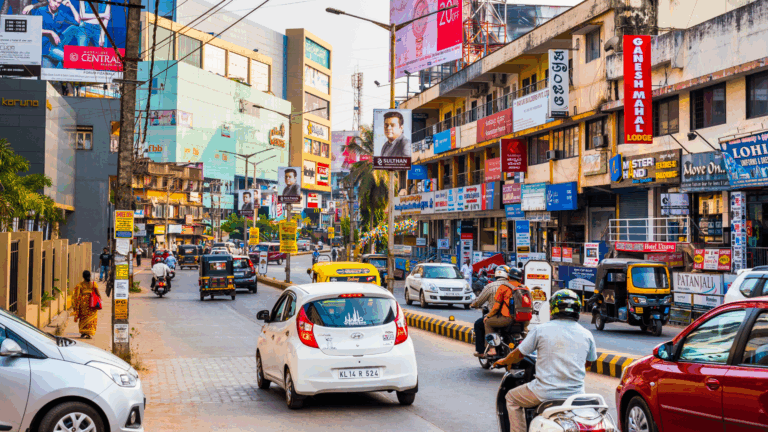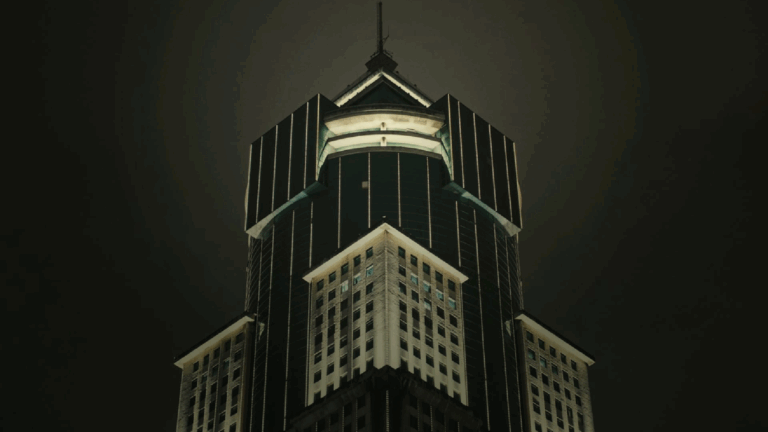Seven years ago, human rights lawyer Waleed Abulkhair was arrested in Saudi Arabia. He was a passionate voice for reform in the Kingdom who challenged the ruling House of Saud by calling for a constitutional monarchy, an independent judiciary, and basic civil liberties. Waleed founded the Monitor of Human Rights in Saudi Arabia, which tracked government abuses and gave legal aid to prisoners of conscience and abused women. When Waleed defended outspoken blogger Raif Badawi, an anti-terrorism court charged him with “swaying public opinion,” “harming the reputation of the Kingdom,” and “insulting the judiciary,” and sentenced him to 15 years in prison, followed by a 15-year travel ban. Waleed, who is incarcerated in Jeddah, paid a high price for believing that his country could be different.
In 2017, when Mohammed bin Salman (MBS) was appointed to succeed the aging King Salman, many believed that real reform was on the horizon. The 35-year-old Crown Prince charmed pop stars, business executives, and politicians alike with glitzy presentations and a stage-managed social media presence. As part of his Vision 2030 initiative, MBS hosts high-profile sporting events like the Dakar Rally, concerts featuring the likes of BTS and Mariah Carey, and conferences with business leaders and financial executives from around the world. He has opened the country to tourism and speaks extensively about modernizing Saudi Arabia’s economy by investing in health, technology, education, and infrastructure.
However, behind the polished and progressive façade, MBS has spearheaded a brutal crackdown on dissent, both in the country and abroad. In 2017, popular cleric Salman al-Odah was arrested after tweeting a prayer calling for reconciliation between Saudi Arabia and Qatar. Last year, economist and former deputy finance minister Abdulaziz Al-Dakhil was imprisoned for a tweet in support of a reformist Saudi poet. Meanwhile, the condition of activists like Waleed, who were imprisoned before MBS came to power, has only continued to deteriorate. For example, in 2019 and again in 2020, Waleed went on hunger strike to protest his mistreatment in prison, being denied access to medication, and the increasingly harsh conditions forced upon him.
Most concerning, the repressive reach of the Saudi regime now extends far beyond its borders. The most horrifying example of this was the 2018 murder and dismemberment of Saudi journalist and Washington Post columnist Jamal Khashoggi, in the Saudi consulate in Istanbul, Turkey. The Dissident, a documentary produced by the Human Rights Foundation, revealed the gruesome details of this killing and the life-threatening danger faced by other exiled Saudi activists. The repression of the Saudi regime is not limited to assasination. The disappearance of 24-year old Saudi activist Ahmed Abdullah al-Harbi last February shows that assassination isn’t the only thing that Saudi activists have to fear.
Hundreds of journalists, bloggers, lawyers, clerics, humanitarian workers, women’s rights defenders, musicians, and economists have been targeted by MBS’ regime in Saudi Arabia and abroad for expressing even the slightest hint of dissent. By silencing and jailing all these people, MBS is eliminating the very people best placed to enact the reforms that he claims to want. By cracking down so viciously on anyone that suggests a different kind of Saudi Arabia, MBS is lying about being a reformer, and making the prospects of lasting reform worse.
To prevent the human rights situation from deteriorating further, democratic governments must withdraw diplomatic recognition of MBS as the de facto ruler of Saudi Arabia, giving King Salman incentives to appoint a different successor — one that is not responsible for a political assassination and mass repression. Denying MBS legitimacy while continuing to engage with Saudi Arabia would signal that, while a relationship with Saudi Arabia is significant, it must be predicated on respect for human rights.
Democratic countries should also follow the Biden administration’s lead and adopt legislation similar to the Khashoggi Ban, which exposes and sanctions individuals engaged in “extraterritorial counter-dissident activities.” A worldwide Khashoggi Ban would provide a positive incentive for curtailing the cruelty of the Saudi regime and other authoritarian regimes, and demonstrate that there are tangible consequences for attempting to silence journalists and dissidents abroad. Vigorous enforcement of a Khashoggi Ban will be crucial — in this regard the Biden administration must do more. The Biden administration did not sanction MBS under the Magnitsky Act, and excluded him from the list of individuals sanctioned under the Khashoggi Ban, even though he is the man most directly responsible for Khashoggi’s murder. A path to actual reform must start with accountability.
Political action by democratic leaders will help focus public attention on the brutal repression in Saudi Arabia. This will encourage music lovers, sports fans, and ordinary consumers alike to put pressure on the celebrities, athletes, influencers, and businesses that engage with the regime and uphold the pretense of MBS as an enlightened “reformer.”
On the seven-year anniversary of Waleed’s arrest, let us not forget what a true reformer looks like.
Alexander Sikorski (@AKSikorski) is a Program and Policy Fellow at the Human Rights Foundation.
Céline Assaf-Boustani is the Chief Program Officer at the Human Rights Foundation.
Illustration by Mariana Bernardez (@mbgrafiks)
This article is part of a series of blog posts about authoritarian regimes. Read our previous blog posts about Viktor Orban’s Hungary, the conflict in Nagorno-Karabakh, and internet shutdowns in dictatorships.










